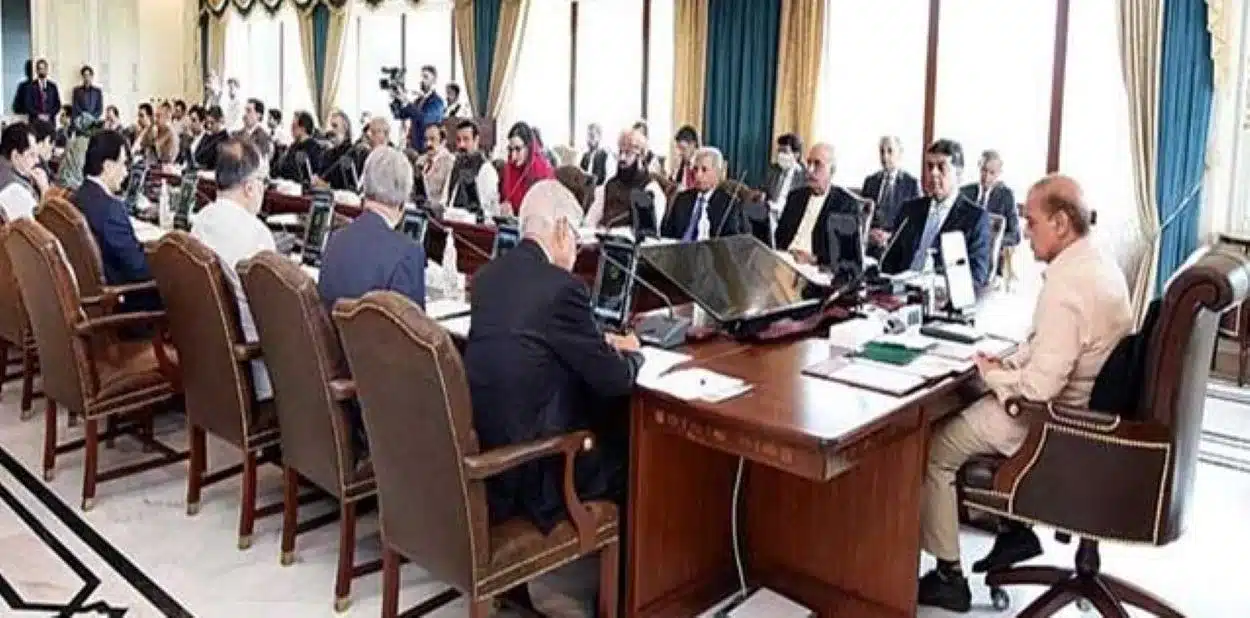Prime Minister Shehbaz Sharif has directed the Federal Board of Revenue (FBR) to integrate 4.9 million citizens from the capitalist class into Pakistan’s tax framework and provide economic relief to the impoverished segments.
PM’s directive emerged from a comprehensive briefing held at the FBR, overseen by Prime Minister Sharif, focusing on significant digitalization and reform efforts within the revenue service.
BBR’s Digitalization and Reform Initiatives
Officials briefed Prime Minister Sharif on the advancements in digital reforms in the Inland Revenue and Customs departments, notably mentioning the supervision by McKinsey, a globally renowned consultancy. The Prime Minister was informed about the discovery of a substantial tax refund fraud totalling 800 billion rupees over the last four months, underscoring the urgent need for systemic improvements.
The meeting also covered the extensive backlog of tax-related cases, with 83,579 cases involving 3.2 trillion rupees pending in various courts and tribunals. In response, the government has resolved 63 cases worth 44 billion rupees in the last four months and identified 4.9 million additional taxpayers through advanced technology.
Taxpayer Integration and Relief Measures
Prime Minister Sharif has prioritized incorporating these identified taxpayers into the tax net and emphasized the importance of providing relief to those less fortunate. He highlighted recent successes with the mobile application registration of approximately 150,000 retailers and instructed further enhancements through direct consultations.
Moreover, the Prime Minister ordered an increase in Appellate Tribunals to 100 to accelerate the resolution of pending tax cases and mandated the creation of a performance dashboard. He stressed the non-negotiability of timely sales tax refunds and laid out strategies for the FBR’s Fraud Detection and Investigation Department to enhance digitization and recovery of illegal refunds.
Infrastructure Enhancements
Further developments include the impending launch of the Integrated Transit Trade Management System (ITTMS) in October 2024, which will facilitate trade at the Pakistan-Afghanistan borders through one-window operations. The Customs Automated Entry Exit System (CAEES), employing the latest scanning technology, is set to enhance operations at Karachi’s ports and various airports, with plans for expansion to Gwadar port.
Additionally, the FBR is implementing a unified sales tax return system across sectors, beginning with telecom, to streamline processes and connect revenue authorities nationwide. This initiative is part of a broader strategy to overhaul Pakistan’s revenue system by October 2024, ensuring greater efficiency and compliance.






